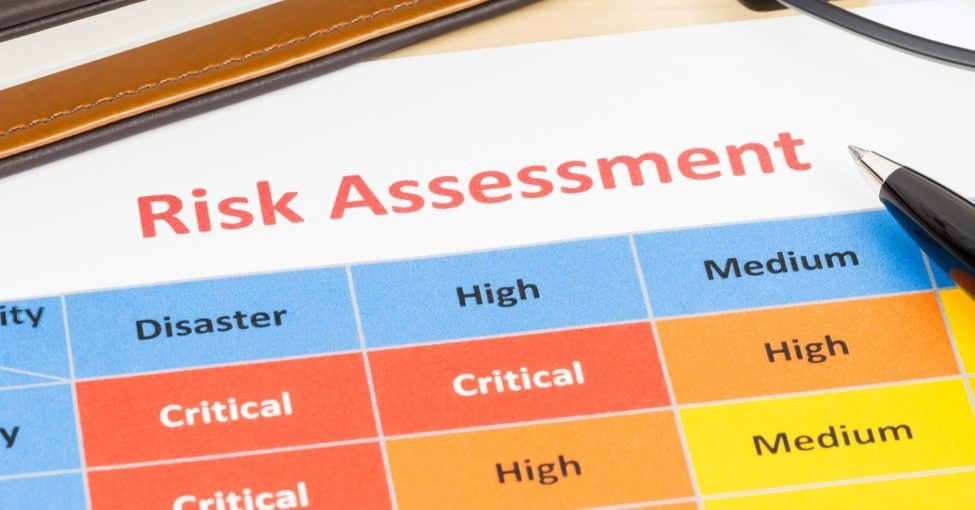In recent years, data analytics has emerged as a pivotal tool in the realm of public health, providing unprecedented insights and driving transformative changes. The integration of advanced data analytics techniques into public health initiatives has enabled healthcare professionals and policymakers to make more informed decisions, optimize resource allocation, and ultimately improve health outcomes on a global scale. This article delves into the various ways data analytics is revolutionizing public health, focusing on key areas such as disease surveillance, predictive modeling, resource management, and personalized healthcare.
Disease Surveillance and Early Detection
One of the most significant contributions of data analytics to public health is in the area of disease surveillance and early detection. Traditional methods of disease monitoring often relied on manual reporting and were hampered by delays and inaccuracies. However, with the advent of data analytics, real-time surveillance systems have become a reality. By leveraging big data from diverse sources such as electronic health records (EHRs), social media, and even search engine queries, public health officials can now detect outbreaks more rapidly and accurately.
For instance, during the COVID-19 pandemic, data analytics played a crucial role in tracking the spread of the virus. Advanced algorithms analyzed vast amounts of data to identify hotspots, predict the trajectory of the disease, and inform public health interventions. This real-time analysis enabled governments and health organizations to implement timely measures, potentially saving countless lives.
Predictive Modeling and Risk Assessment
Predictive modeling is another area where data analytics has made a profound impact. By analyzing historical data and identifying patterns, predictive models can forecast future health trends and potential outbreaks. These models can assess the risk of various diseases based on factors such as demographics, environmental conditions, and social determinants of health.

For example, predictive analytics has been used to forecast seasonal influenza outbreaks, allowing healthcare providers to prepare in advance by stocking up on vaccines and antiviral medications. Similarly, predictive models have been employed to identify populations at higher risk of chronic diseases such as diabetes and cardiovascular conditions. By targeting interventions to these high-risk groups, public health initiatives can be more effective and efficient.
Resource Management and Allocation
Efficient resource management is critical in public health, particularly during emergencies when resources such as medical supplies, hospital beds, and healthcare personnel are in high demand. Data analytics can optimize the allocation of these resources by providing insights into current needs and predicting future demands.
During the COVID-19 crisis, data analytics was instrumental in managing resources such as ventilators and personal protective equipment (PPE). By analyzing data on infection rates, hospital admissions, and recovery times, healthcare administrators could make informed decisions about where to allocate resources most effectively. This data-driven approach not only improved patient care but also minimized waste and ensured that resources were available where they were needed most.
Personalized Healthcare and Precision Medicine
The concept of personalized healthcare, also known as precision medicine, aims to tailor medical treatment to the individual characteristics of each patient. Data analytics is at the forefront of this movement, enabling healthcare providers to analyze genetic, clinical, and lifestyle data to develop customized treatment plans.
For instance, in oncology, data analytics can help identify specific genetic mutations that drive cancer growth. By understanding these mutations, oncologists can prescribe targeted therapies that are more likely to be effective for individual patients. Similarly, data analytics can be used to identify patients who are at risk of adverse drug reactions, allowing for safer and more effective medication management.
Enhancing Public Health Campaigns
Public health campaigns are essential for promoting healthy behaviors and preventing disease. Data analytics can enhance the effectiveness of these campaigns by providing insights into population behaviors and preferences. By analyzing data from various sources, including social media, surveys, and EHRs, public health officials can design targeted campaigns that resonate with specific demographics.

For example, data analytics can reveal the most effective communication channels for reaching different age groups or communities. It can also identify trends in health behaviors, such as smoking or physical activity, enabling the design of interventions that address the root causes of unhealthy behaviors. This data-driven approach ensures that public health campaigns are not only impactful but also cost-effective.
Addressing Health Disparities
Health disparities, defined as differences in health outcomes among different population groups, are a significant challenge in public health. Data analytics can play a crucial role in identifying and addressing these disparities. By analyzing data on social determinants of health, such as income, education, and access to healthcare, public health professionals can identify populations that are at higher risk of poor health outcomes.
For instance, data analytics can reveal geographic areas with limited access to healthcare services, enabling targeted interventions to improve access and reduce disparities. It can also identify social and economic factors that contribute to health inequities, informing policies and programs aimed at addressing these underlying issues.
Challenges and Future Directions
While the benefits of data analytics in public health are undeniable, there are also challenges that need to be addressed. Data privacy and security are paramount concerns, as the use of sensitive health information must be balanced with the need for data-driven insights. Ensuring the accuracy and reliability of data is also critical, as inaccurate data can lead to misguided decisions and interventions.
Moreover, the integration of data analytics into public health requires significant investment in technology and training. Public health professionals need to be equipped with the skills to analyze and interpret data effectively. Collaboration between data scientists, healthcare providers, and policymakers is essential to harness the full potential of data analytics in public health.
Looking ahead, the future of data analytics in public health is promising. Advances in artificial intelligence (AI) and machine learning (ML) are expected to further enhance the capabilities of data analytics, enabling even more precise and timely insights. As technology continues to evolve, data analytics will undoubtedly play an increasingly vital role in shaping the future of public health.
Conclusion
Data analytics is transforming public health in profound ways, from enhancing disease surveillance and predictive modeling to optimizing resource management and enabling personalized healthcare. By leveraging the power of data, public health professionals can make more informed decisions, design targeted interventions, and ultimately improve health outcomes for populations worldwide. As we continue to advance in the field of data analytics, the potential for further innovation and impact in public health is boundless.












